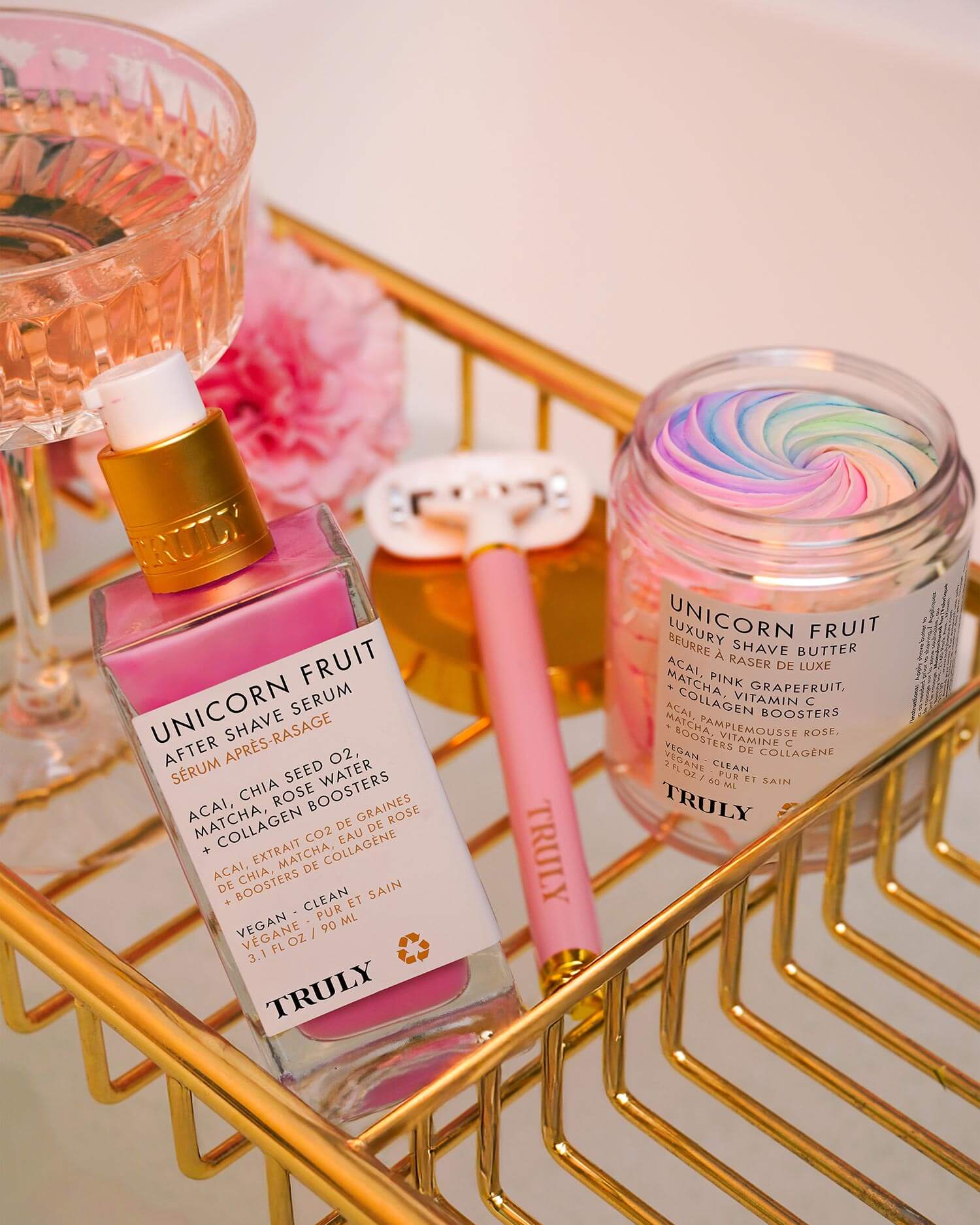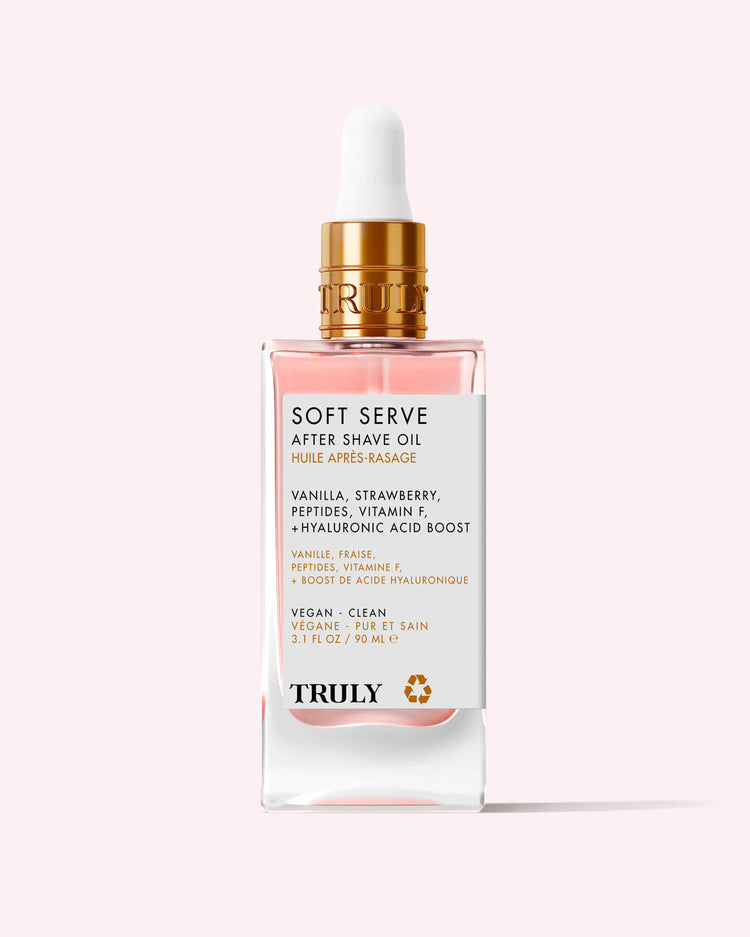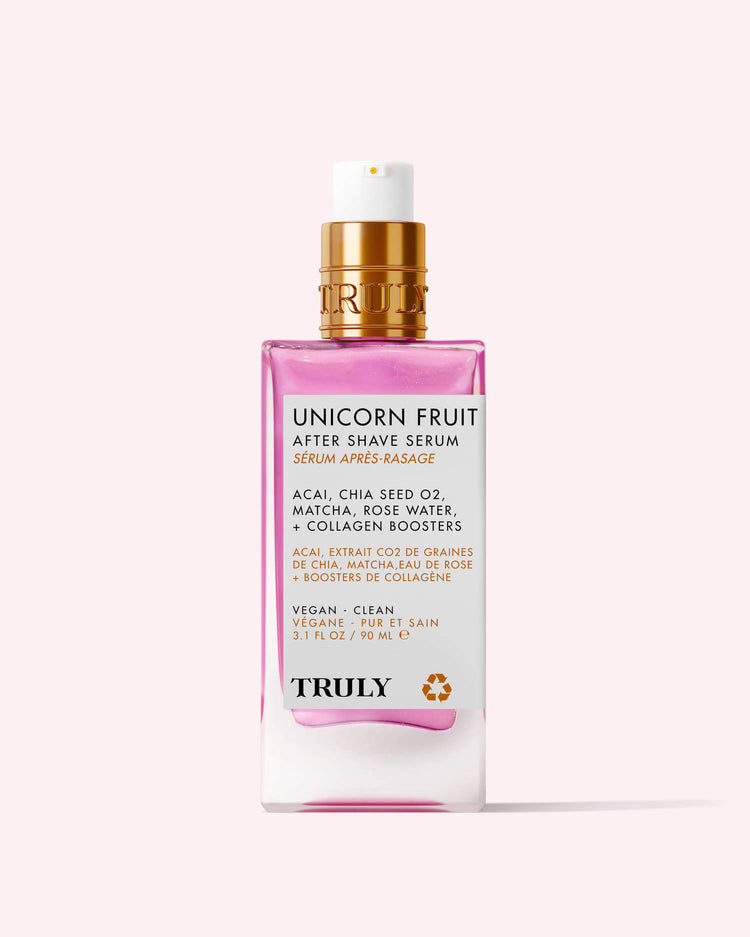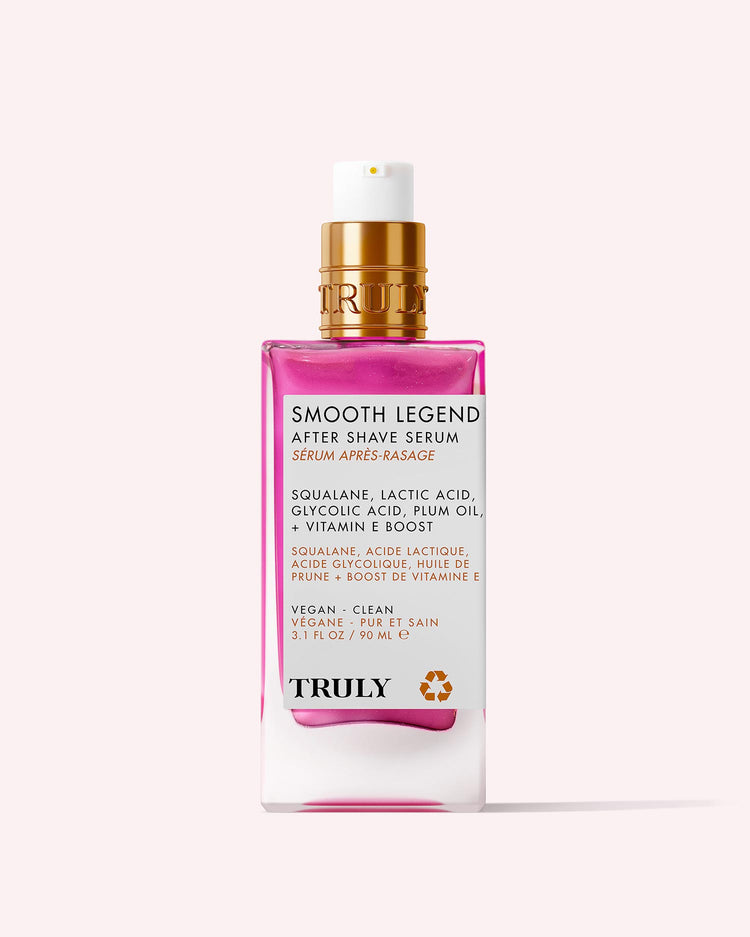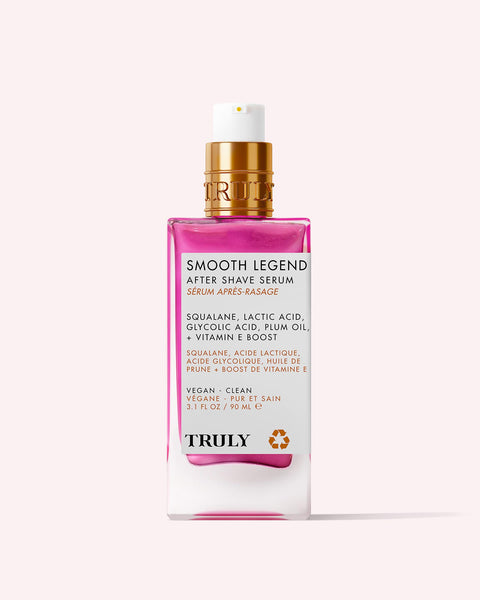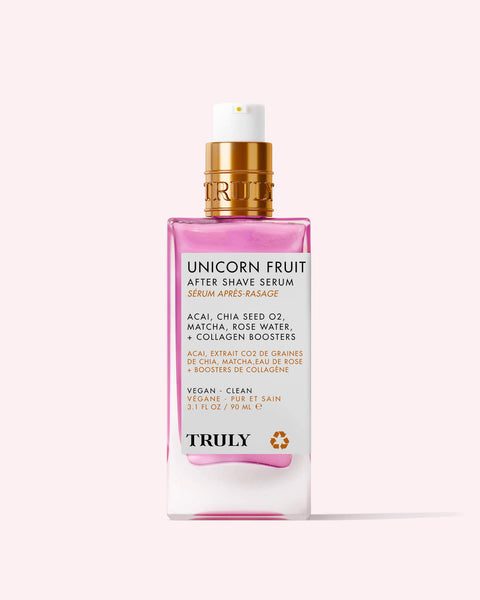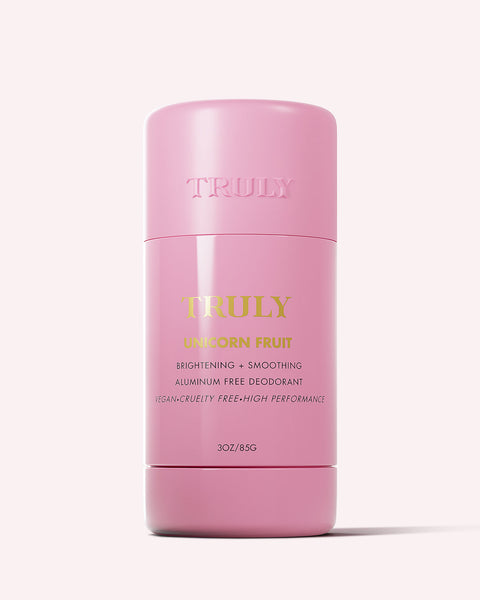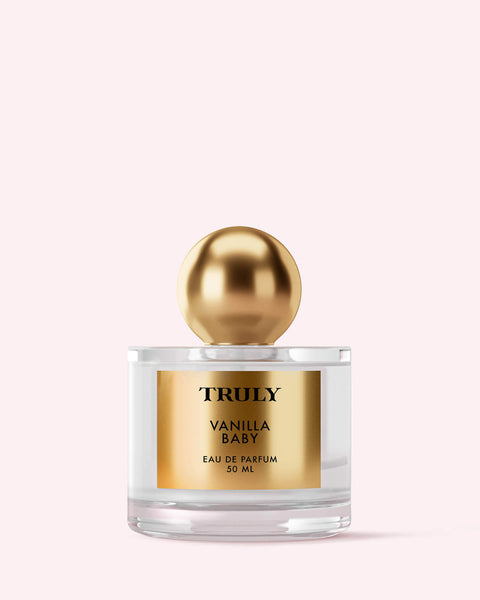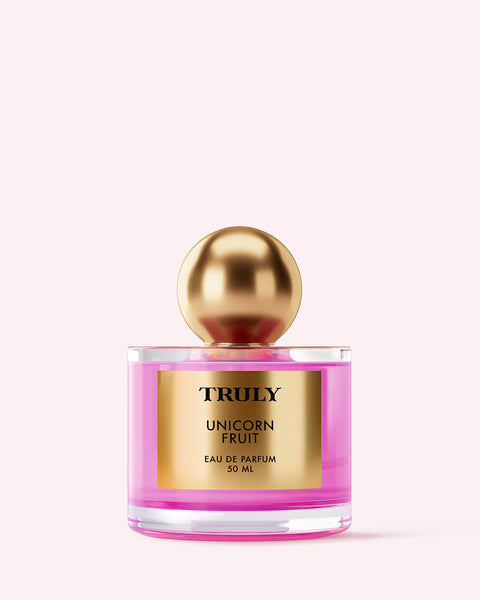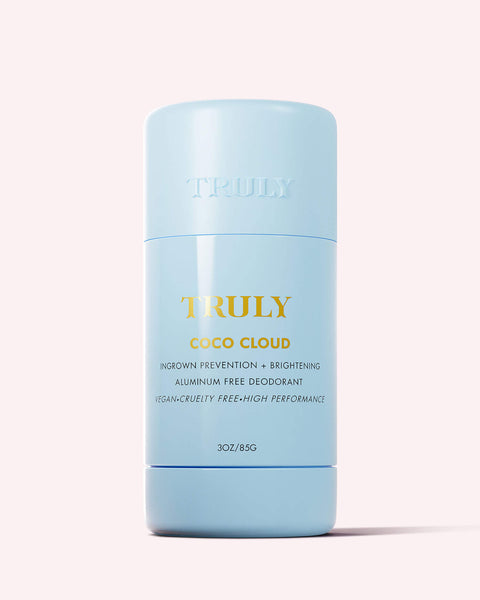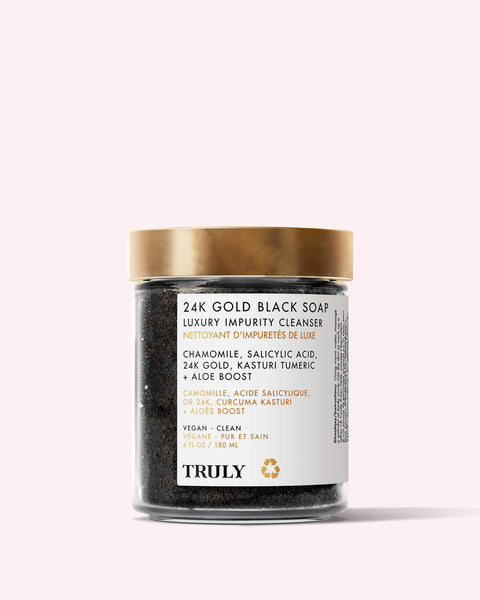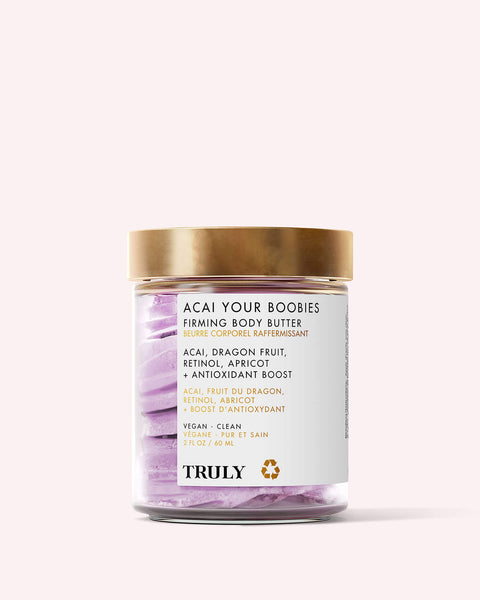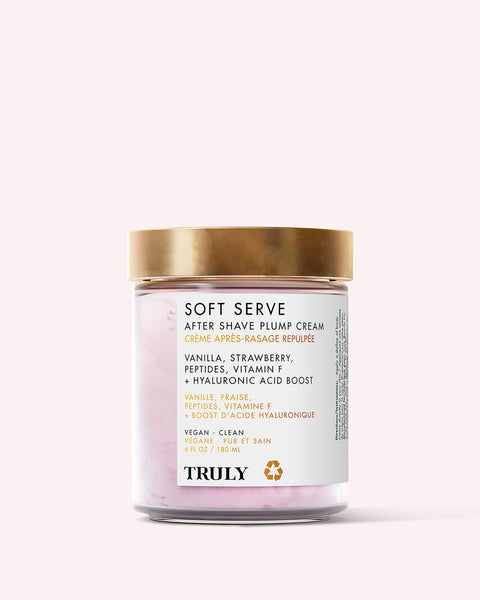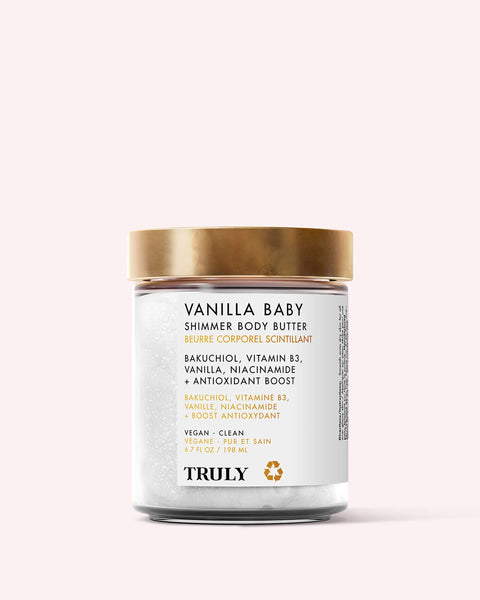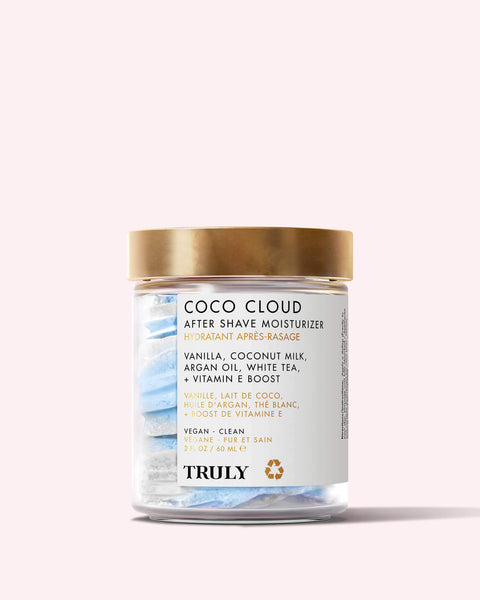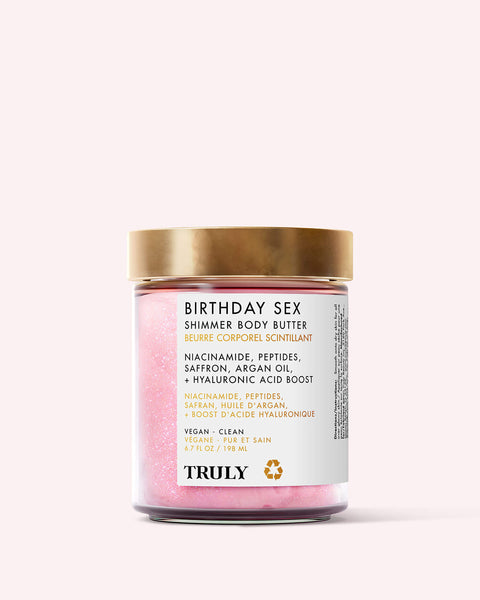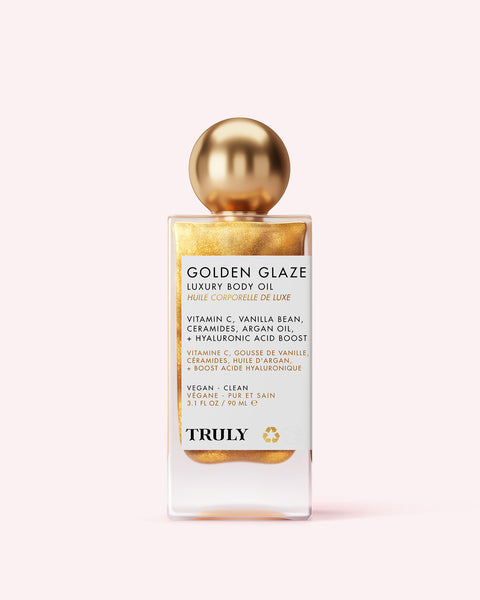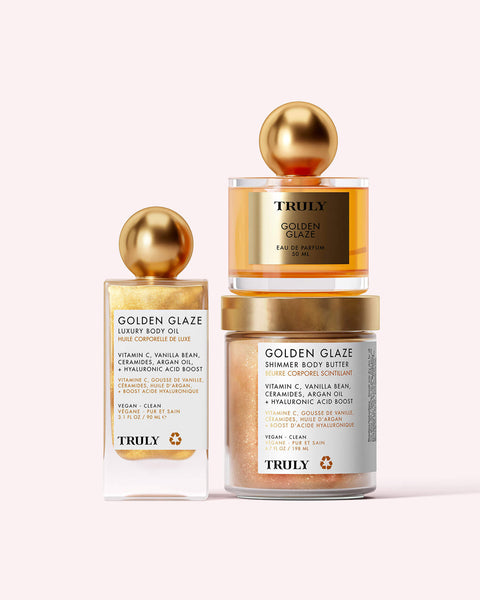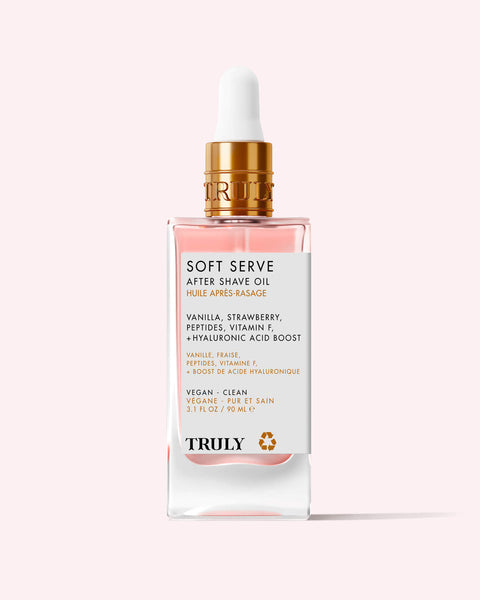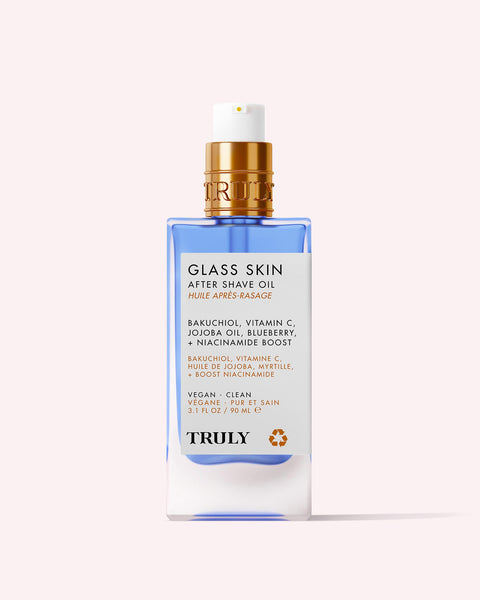How to Protect Your Skin Barrier

Your skin barrier is much like a 24/7 security guard for your skin. It’s always there, keeping the complexion protected from UV rays, pollution, and general gunk.
“Your skin barrier is the protective layer that guards you from the environment and stops your skin from losing fluids,” explains dermatologist Purvisha Patel, MD. “It’s made up of lipids and cells.”
When it’s not performing at its best, your skin barrier is vulnerable to external irritants and bacteria, leading to acne, inflammation, and dryness.
So how can you keep your skin barrier healthy and functioning smoothly? We’re going to show you how.
WHAT IS YOUR SKIN BARRIER?
According to Dr. Hooman Khorasani, the best way to understand how your skin barrier works is to think of it as a building made of bricks and mortar.
“The skin barrier is provided by structures called lamellar sheets,” he says.
FYI: lamellar sheets are what holds your skin cells in place.
“These sheets are present between the cells of the top-most layer of skin called the stratum corneum,” Dr. Khorasani continues. “These structures are analogous to the mortar between the bricks in the wall of your house.”
To put it less scientifically, your skin barrier keeps the good stuff in and the bad stuff out.
WHAT CAUSES SKIN BARRIER DAMAGE?
Aging, sun exposure, smoking, and drinking can all be held responsible for damaging the skin’s barrier. Even over-cleansing can compromise it.
Culprits, at a Glance:
- Natural aging
- UV exposure
- Pollution
- Bacteria
- Stress
- Blue light
- Poor diet
- Over cleansing and over-exfoliating
- Extreme temperatures
WHAT HAPPENS WHEN YOU HAVE A WEAK SKIN BARRIER?
If your skin barrier is working optimally, it will shield your skin from external aggressors as well as retain water. It will also enable skincare products you use to penetrate the skin more effectively and deliver better results.
However, a damaged skin barrier will leave you with a dry, dull, and possibly scaly complexion. It will also allow chemicals to penetrate the skin, causing inflammation, redness, and sensitivity.
If you want to maintain beautiful, healthy skin, make sure you prioritize your skin barrier’s wellbeing. Let us show you how!
HOW TO KEEP YOUR SKIN BARRIER STRONG
- Hydrate!
“Ultimately it’s about hydration,” says dermatologist Dr. Howard Murad. “We’re born with a body composed of 75% water, yet die with closer to 0%; we dry up as we get older. Plus generally, the whiter or paler the skin, the thinner the barrier, which means you’re more prone to rashes, redness and irritation.”
Keeping your skin moisturized is key for happy, glowing skin. Besides drinking plenty of water, you should try incorporating face cream into your daily skincare regimen. Try Truly’s Cream Skin Face Moisturizer twice a day for dewy, hydrated skin.
- Choose Skin-Strengthening Ingredients
Certain ingredients are great for building a strong skin barrier.
“Niacinamide is a great ingredient to try – it boosts ceramide production, thereby improving lipid barrier function. By pre-treating with this first, I can often get patients to tolerate more potent ‘actives’ like retinoids,” says dermatologist Dr. Sam Bunting.
Linoleic acid, an omega 6 fatty acid, is another great ingredient to try. Essential fatty acids, in general, are excellent skin barrier strengtheners, as they serve as an effective moisturizing agent. Other ingredients to look for in skincare products include vitamin C, E, and ferulic acid.
Truly’s Super Matcha Facial Cleanser is loaded with vitamin C, green tea, matcha, and vitamin B12 to nourish and revitalize your complexion.
- Avoid Over-Doing it
Steer clear of harsh cleansing products and exfoliators to prevent stripping skin of its natural oils and jeopardizing the health of your skin’s barrier.
“Overly exfoliating with products that use strong acids or harsh ingredients can strip the skin barrier and make your skin worse,” says Dr. Patel.
It’s all about being gentle to your skin. Giving it a chance to heal, repair, and ultimately, thrive. That means not over-washing, over-scrubbing, or using dozens of products daily that might destruct the barrier.
You should still exfoliate, but keep it to a minimum. Experts recommend once a week to reduce the accumulation of dead skin cells without irritating the skin.
Try Truly’s Matcha Face Scrub for a gentle yet invigorating cleanse.
- Wash in Tepid Water
Don’t put your face under hot water. It will only strip the skin and leave it dry and irritated. Instead, wash your face with tepid water. This’ll help keep the pores closed, prevent any redness from occurring, and stop any further damage to the skin’s barrier.
- Choose pH-Balanced Products
Skin thrives at around 5.5. If you deviate from that number, your skin reacts negatively, causing inflammation and irritation to occur. To maintain a healthy pH balance, stick to products that are neither too alkaline nor acidic.
Detergents like Sodium Lauryl Sulfate, for instance, can have both an acidic and an alkalizing effect on the skin, leaving the barrier dry and exposed to irritation. Salicylic acid – another acidic acid – should be avoided, too.
Even classic soaps are too alkaline for the skin, stripping it of its natural oils. Always check the ingredients on a product to ensure it is pH-balanced.
- Wear Sunscreen
If you want to keep your skin barrier in check, wear a daily SPF. It’s the easiest way to keep your skin protected against the sun’s damaging rays and shielded from skin damage.
“Sunscreen or an SPF that’s greater than 30 should be worn everyday as part of a skin-care routine to protect from ultraviolet radiation from the sun and from HEV radiation from computers and inside devices,” explains Dr. Patel.
Inside or out, you should be wearing sunscreen every single day.
“If you don’t wear SPF regularly, there’s exposure of your skin to ultraviolet radiation and the cells in the skin get damaged, leading to photo-aging and even skin cancers. The collagen breaks down,” continues Dr. Patel.
Skin barrier protection isn’t widely understood. Yet, if only more of us knew exactly how essential it is to optimum skin health, we could save ourselves a lot of unnecessary suffering.
